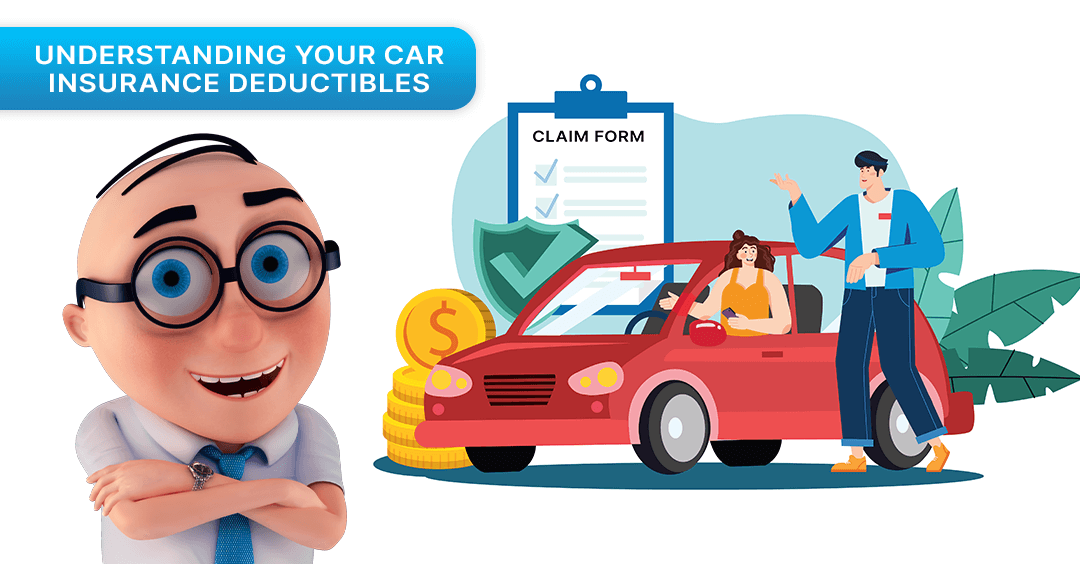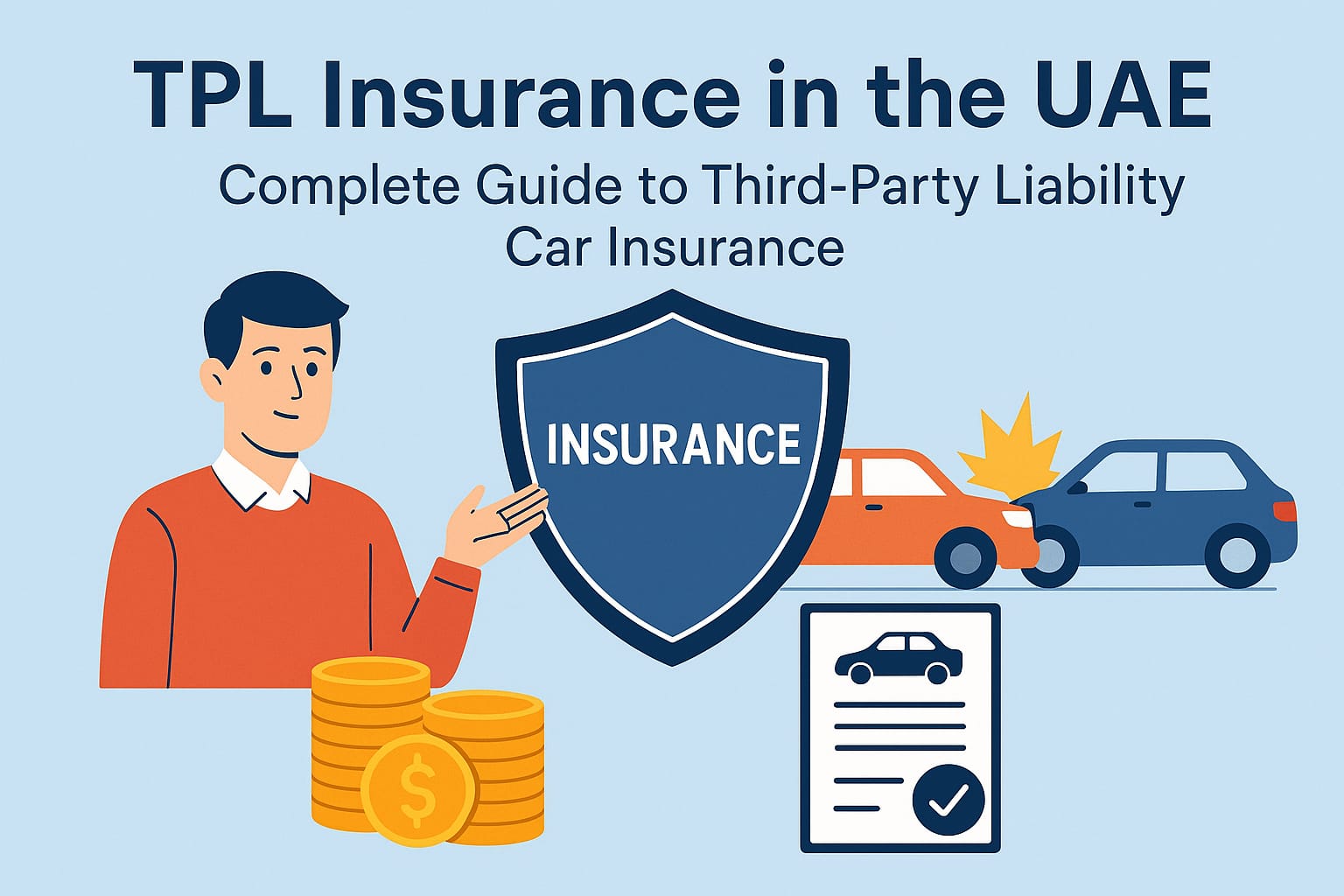When you buy an insurance policy in Dubai and the UAE in general, aside from the initial premium, there will be a small amount you will need to pay in the event of a claim. In this blog we will explore this in more detail, and with specific focus on car insurance, so that you are aware of any financial commitment you may have to bear.
What is a deductible?
A deductible (also known as an excess) is the amount that you are required to pay in the event of a claim.
How does a car insurance deductible work?
In the event of a claim, the deductible is taken from the overall claim amount. This means that you are responsible for the amount of deductible that applies and the insurer is responsible for the balance. In the case of car insurance damage claims where a vehicle is being repaired, you will usually pay the amount of the deductible applicable direct to the vehicle repairer, and the insurer will pay the balance once the work has been completed.
In the case of a car insurance theft claim, the settlement made to you by the insurer will be net of the applicable deductible amount, ie, the sum is taken away from the amount being claimed and you are paid the balance as settlement.
How much are car insurance deductibles in Dubai and the UAE?
Most car insurance policies in the Dubai and the UAE require a deductible to be paid, with the insurance company covering the remaining amount. The deductible amount can range anywhere from AED 500 AED to AED 2,000 and policies may also contain different types of deductibles, known as compulsory and voluntary. In UAE the maximum car insurance deductible amount is fixed by the Ministry as per the Unified Motor Policy, based on the value and type of the vehicle.
What is a compulsory deductible?
A compulsory deductible is the amount you have to pay in the event of a claim. The level is set by your insurer based on several factors such as your age, driving experience, claims history, etc.
What is a voluntary deductible?
A voluntary deductible is the amount you choose to pay in addition to your compulsory deductible in the event of a claim. Electing to pay an additional voluntary amount can have a positive impact on your premiums, since choosing to contribute more in the event of a claim means the insurer’s outlay is less and they in turn are happy to pass a small saving onto you in the form of a premium reduction.
Why do I see different levels of compulsory deductible on my car insurance policy?
Car insurance deductible levels are generally set according to the level of risk associated and the potential outlay for the insurer. Windshield/windscreen claims attract the lowest level of deductible since they are one of the cheaper car parts to repair or replace, so you can expect to see a lower level of deductible specified for these claims versus accidental damage, for example. Typically, insurers will create different deductibles for windscreen, theft and accidental damage.
What about if the incident/accident wasn’t my fault? Do I still have to pay the deductible?
You will only be responsible for paying a deductible for car insurance claims where you have been judged to have been at fault in some way. In the event that you have already paid a deductible to a vehicle repairer as you needed to get your vehicle repaired quickly and back on the road before the claim was fully settled, the deductible will be recovered by your insurer from the third party responsible and reimbursed to you.
Final Thoughts
Deductibles are a standard part of any insurance contract, and feature heavily in car insurance. You should always take time to thoroughly read a car insurance policy to check what deductibles will apply and if in any doubt, speak to a professional like an insurance broker for their advice.
Choosing to take a voluntary excess in addition to a compulsory one is a financial and legal commitment under contract, so something you should consider carefully, but a decision that can be a wise one if you are a careful driver looking to reduce your insurance premium payable.







